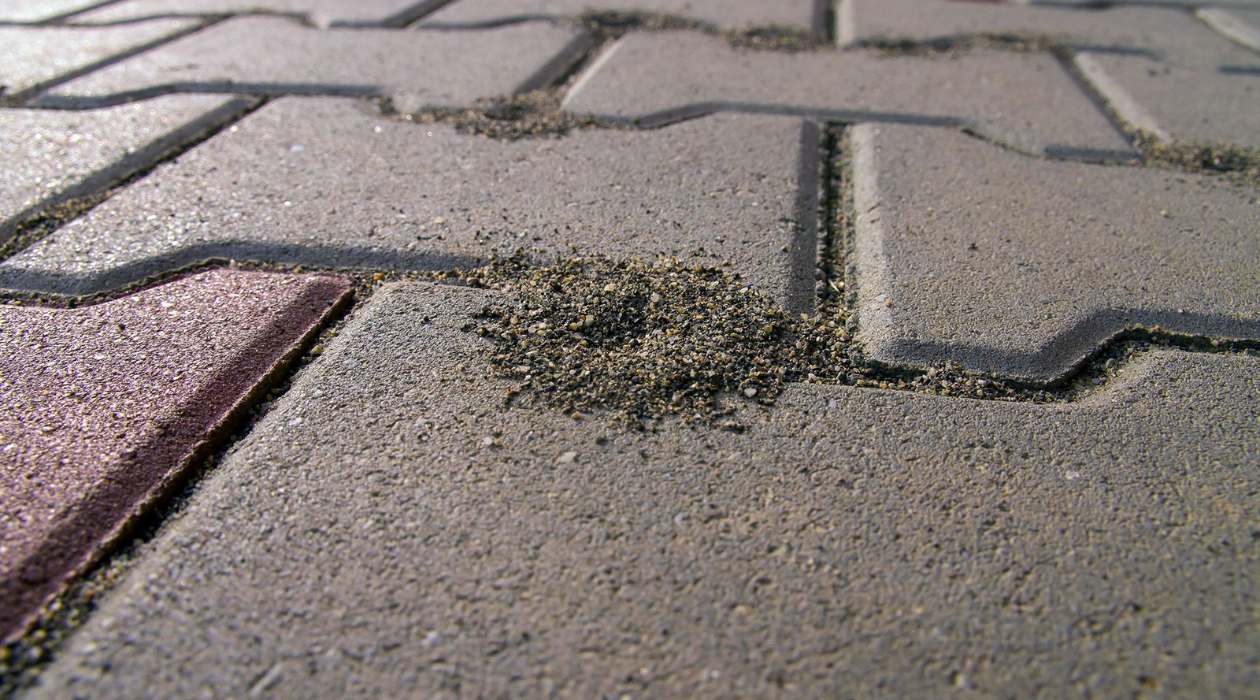

Articles
How To Get Rid Of Ant Hills In Driveway
Modified: August 26, 2024
Learn effective methods to eliminate ant hills in your driveway with these informative articles. Discover expert tips and strategies to keep your driveway ant-free.
(Many of the links in this article redirect to a specific reviewed product. Your purchase of these products through affiliate links helps to generate commission for Storables.com, at no extra cost. Learn more)
Introduction
Welcome to our comprehensive guide on how to get rid of ant hills in your driveway. If you’ve ever noticed small mounds of soil popping up in the crevices of your driveway, chances are you’ve encountered ant hills. While these tiny invaders may seem harmless, they can cause a variety of problems if left unchecked. In this article, we will delve into the world of ant hills, explore why they form in driveways, discuss the potential risks they pose, and provide you with effective methods to remove them.
Ant hills are small, dome-shaped mounds of soil that ants construct as they create their underground nests. These mounds can vary in size, depending on the type of ant and the size of the colony. While ant hills can be found in various locations, including lawns and gardens, they are particularly common in driveways due to the loose gravel or sandy soil often present in these areas.
There are several reasons why ant hills tend to form in driveways. One primary factor is the availability of suitable nesting materials. Driveways are often made of materials like gravel or loose soil, which provide ants with a convenient place to excavate their nests. Additionally, driveways may offer a warm and dry environment, which is conducive to ant colony growth and survival.
While ant hills may seem innocuous, they can actually cause a range of issues. Firstly, the presence of ant hills in your driveway can be unsightly and detract from the overall appearance of your property. Additionally, the constant movement of ants can undermine the stability of the driveway, leading to cracks and uneven surfaces. In some cases, certain ant species may even cause damage to the foundation or structure of the driveway.
Now that we’ve established why ant hills form in driveways and the potential problems they can cause, let’s explore the various methods you can employ to get rid of these pesky mounds. We will cover both natural solutions and chemical options, providing you with a range of choices depending on your preferences and the severity of the ant infestation. Additionally, we will discuss preventive measures that can be taken to minimize the likelihood of future ant hills in your driveway.
By following the advice in this guide, you can reclaim your driveway from ant hills and restore its appearance and functionality. So, let’s dive in and discover how to bid farewell to those unwelcome ant mounds.
Key Takeaways:
- Understanding the reasons behind ant hill formation in driveways and the potential risks they pose is crucial for effective removal and prevention, ensuring a pest-free and aesthetically pleasing outdoor space.
- Whether choosing natural solutions or chemical treatments, there are multiple effective methods for getting rid of ant hills in driveways. Implementing preventive measures and regular maintenance are essential for long-term success in keeping ant hills at bay.
Read more: How To Get Rid Of Ant Hills In Grass
Understanding Ant Hills
Before we delve into the methods of removing ant hills from driveways, it’s important to have a basic understanding of these tiny earth structures. Ant hills, also known as ant mounds or formicaries, are the result of ants excavating tunnels and chambers underground to establish their colonies.
Ants are social insects that live in organized colonies. They have a complex social structure, with different castes, such as queen ants, worker ants, and soldier ants, each with specific roles and responsibilities. The queen is responsible for egg-laying, while the workers are in charge of foraging for food, building and maintaining the nest, and caring for the young.
The construction of ant hills starts with workers excavating tunnels beneath the ground using their mandibles and legs. They remove the soil and debris, creating chambers and passages within the nest. As the workers bring their brood and food into the nest, they deposit them in specific areas, ensuring the organization and efficiency of the colony.
The mounds that we see on the surface are the result of ants carrying soil particles to the surface and depositing them around the entrance of the nest. The size and shape of ant hills can vary depending on the ant species and the size of the colony. Some ant species construct tall, conical mounds, while others create flatter, wider structures.
Ant hills serve several purposes for the ant colony. Firstly, they provide protection and stability for the nest. The compacted soil and the mound itself act as insulation against temperature fluctuations and excessive moisture. Secondly, the shape and design of the ant hill provide natural ventilation, allowing air to circulate within the nest and prevent the buildup of harmful gases.
Ant hills also serve as a means of communication for ants. Through chemical signals known as pheromones, ants can leave trails on the surface of the mound to guide other workers to food sources or potential threats. This pheromone communication system helps coordinate ant foraging activities and maintain the overall efficiency of the colony.
It’s important to note that ant hills are not always restricted to a single mound. Depending on the size of the colony, there can be multiple mounds interconnected by tunnels and chambers. This interconnected network allows ants to expand their territory and locate resources more effectively.
Now that we have a better understanding of the structure and function of ant hills, let’s explore why they tend to form in driveways and the potential risks and problems they can cause.
Why Ant Hills Form in Driveways
Ant hills are a common sight in driveways, and there are several reasons why ants are drawn to these areas for nesting. Understanding these factors can help you address the issue effectively and prevent future ant infestations in your driveway.
One of the primary reasons ants form hills in driveways is the presence of loose, sandy soil or gravel. Many ant species prefer to build their nests in soil that is easy for them to excavate. Driveways often consist of materials like gravel or loose soil, providing an ideal environment for ants to dig their tunnels and chambers.
In addition to the suitable nesting material, driveways often offer ants a warm, dry environment. The surface of a driveway can absorb heat, creating a microclimate that ants find favorable for nest establishment and maintenance. This warmth helps accelerate the growth and development of ant colonies.
Another factor that attracts ants to driveways is the availability of food sources. Ants are opportunistic insects and will search for food wherever they can find it. Driveways can accumulate organic matter like spilled food, crumbs, or decaying plant material, which serve as food sources for ants. This proximity to potential food sources makes driveways an attractive habitat for foraging ants.
Furthermore, driveways may provide ants with easy access to other areas of your property, such as gardens or outdoor structures. Ants are industrious insects that constantly explore and expand their foraging territories. By nesting in driveways, they can establish colonies near other food sources, creating efficient foraging routes and increasing their chances of survival.
It’s also worth noting that certain ant species are attracted to specific conditions that driveways can provide. For example, pavement ants (Tetramorium species) are known to favor nesting in the cracks and gaps of pavements, including driveways. These ants are attracted to the warmth and protection that the pavement provides.
Now that we understand why ants are drawn to driveways for nesting, it’s important to address the potential risks and problems associated with ant hills in these areas. We will explore these issues in the next section to help you better understand why it’s crucial to take action to remove ant hills from your driveway.
Potential Risks and Problems
While ant hills in driveways may seem like a minor inconvenience, they can actually pose several risks and problems that warrant attention and action. Let’s explore these potential issues:
1. Structural Damage: Ant hills can undermine the stability of your driveway. As ants dig their tunnels and chambers, they can weaken the structure and cause the ground to become uneven. This can lead to cracks, dips, or even collapse in extreme cases. A compromised driveway not only affects its aesthetics but also poses safety hazards for vehicles and pedestrians.
2. Deterioration of the Driveway Surface: The constant movement of ants and their mound-building activities can disrupt the surface of your driveway. They may push up larger rocks or pieces of gravel, creating an uneven surface. Over time, the repeated disturbance can lead to the deterioration of the driveway surface, requiring costly repairs or resurfacing.
3. Damage to Underground Utilities: Ants are known to be attracted to warm, moist environments, which can include areas around utility lines that run under driveways. As ants dig their tunnels, they can disrupt or damage underground pipes or cables, leading to leaks, outages, or costly repairs.
4. Infestation of Surrounding Areas: Ants from the colonies in your driveway can easily expand their territories and invade other parts of your property. They may infest your garden, invade your home, or build additional satellite nests in nearby areas. A small ant problem in your driveway can quickly escalate into a larger infestation if left unaddressed.
5. Pesticide Exposure: Many homeowners resort to using chemical pesticides to eliminate ant hills in their driveways. While these products can be effective in eradicating ants, they come with their own set of risks. Pesticides can be harmful to the environment, pets, and children if not used properly. It’s essential to weigh the benefits and risks of chemical treatments and consider safer alternatives.
With these potential risks and problems in mind, it’s clear that taking action to remove ant hills from your driveway is imperative. In the following sections, we will explore common methods and natural solutions for getting rid of ant hills, as well as provide guidance on preventing future infestations in driveways.
Common Methods for Removing Ant Hills
When it comes to getting rid of ant hills in your driveway, there are several methods you can employ. It’s important to choose the approach that best suits your situation and preferences. Let’s explore some common methods for removing ant hills:
1. Physical Removal: One straightforward way to address ant hills is by physically removing them. Using a shovel or a garden trowel, carefully scoop up the ant hill and its surrounding soil. Dispose of the mound and soil in a sealed bag or relocate them to a designated area away from your driveway. This method is best suited for small ant infestations or isolated ant hills.
2. Boiling Water: Boiling water can be an effective natural method for eliminating ant hills in your driveway. Simply bring a pot of water to a boil and carefully pour it directly over the ant hill. The hot water will kill the ants and disrupt the colony. Repeat the process as needed for persistent ant infestations.
3. DIY Insecticidal Soap: Another natural solution for ant hill removal is the use of homemade insecticidal soap. Mix a solution of water and liquid dish soap in a spray bottle and generously spray it over the ant hill. The soap will suffocate and kill the ants. Ensure that the solution reaches deep into the nest for maximum effectiveness.
4. Commercial Ant Baits: Ant baits are a popular option for addressing ant infestations. These baits contain a slow-acting insecticide that is attractive to ants. Place the bait stations near the ant hills in your driveway, and the worker ants will carry the bait back to the colony, effectively eliminating the entire nest. Follow the instructions on the product for optimal results.
5. Ant Hill Drenches: Some commercial products are specifically designed for treating ant hills. These drenches are applied directly to the ant hill and penetrate the tunnels, killing the ants within. Read and follow the instructions carefully, as some drenches may require dilution before use.
6. Professional Pest Control: In severe cases or if you’re dealing with persistent ant infestations, it might be necessary to seek professional pest control services. Pest control experts have the knowledge, experience, and access to professional-grade treatments to effectively eliminate ant hills in your driveway. They can also provide guidance on preventive measures to avoid future infestations.
It’s important to note that the effectiveness of these methods can vary depending on the ant species and the severity of the infestation. Additionally, it’s crucial to consider the potential impact of chemical treatments on the environment and follow instructions and safety precautions when using any products.
Now that we’ve explored common methods for removing ant hills, let’s turn our attention to natural ways to get rid of ant hills in driveways.
To get rid of ant hills in your driveway, pour boiling water directly onto the ant hills. This will kill the ants and destroy the hill, preventing them from coming back.
Read more: How To Get Rid Of Ants In Pantry
Natural Ways to Get Rid of Ant Hills in Driveway
If you prefer a more eco-friendly approach or want to avoid using chemical treatments, there are several natural methods you can try to get rid of ant hills in your driveway. These methods are effective in eliminating ants without harming the environment or risking exposure to harmful chemicals. Here are some natural ways to tackle ant hills:
1. Diatomaceous Earth: Diatomaceous earth is a natural substance formed from the fossilized remains of diatoms. It has abrasive properties that can damage the exoskeleton of ants, leading to dehydration and eventually death. Sprinkle food-grade diatomaceous earth around the ant hills in your driveway, creating a barrier that ants will avoid or come into contact with and perish.
2. Baking Soda and Powdered Sugar: Create a simple ant bait by mixing equal parts baking soda and powdered sugar. Place small amounts of the mixture near the ant hills or in areas where ants are frequently seen. The ants will be attracted to the sugar but will consume the baking soda as well, which disrupts their digestive system and ultimately kills them.
3. Vinegar: Vinegar is an excellent natural repellent for ants. Create a mixture of equal parts vinegar and water and spray it directly onto the ant hills and along the edges of your driveway. The strong scent of vinegar will deter ants from entering these areas and disrupt their pheromone trails.
4. Essential Oils: Certain essential oils have properties that repel ants. Peppermint oil, tea tree oil, and citrus oils like lemon or orange are effective at deterring ants. Mix a few drops of your chosen essential oil with water and spray it around the ant hills and driveway edges. Reapply as needed to maintain the scent barrier.
5. Coffee Grounds: Ants are known to dislike the strong smell of coffee. Sprinkle used coffee grounds around the ant hills and other areas of your driveway to create a natural deterrent. Additionally, coffee grounds can help improve the soil quality of your garden or flower beds when it’s time to dispose of them.
6. Natural Ant Repellent Plants: Certain plants possess natural repellent properties that can discourage ants. Planting mint, lavender, catnip, or tansy around the perimeter of your driveway can help repel ants and deter them from establishing new colonies in the area.
Remember, natural solutions may require more time and patience compared to chemical treatments. Ants may take longer to be eliminated completely, but these methods offer a safer and more environmentally friendly alternative.
Now that you have learned about natural ways to get rid of ant hills, let’s discuss chemical options for ant hill removal if you prefer a more immediate solution or have a severe infestation.
Chemical Options for Ant Hill Removal
If you’re dealing with a severe ant infestation or prefer a more immediate solution, chemical options can effectively eliminate ant hills in your driveway. However, it’s important to exercise caution when using chemical treatments, following the instructions carefully and considering their potential impact on the environment. Here are some chemical options for ant hill removal:
1. Ant Sprays: Ant sprays are readily available in retail stores and are designed specifically to kill ants on contact. These sprays usually contain insecticides such as pyrethroids or pyrethrins. Point and spray the product directly onto the ant hills, following the manufacturer’s instructions. It’s important to note that ant sprays may only provide temporary relief and may not effectively eliminate the entire colony.
2. Ant Dust: Ant dust is a powdered insecticide that can be applied directly onto ant hills and into the entrances of their nests. The dust is typically formulated with active ingredients such as diatomaceous earth or a chemical called deltamethrin. It penetrates deep into the tunnels, killing ants upon contact and providing longer-lasting protection compared to sprays.
3. Granular Ant Baits: Granular ant baits work similarly to liquid baits but offer a different application method. These baits contain insecticides mixed with attractants that entice the ants to consume the bait. Scatter the granules around the ant hills and driveway edges, making sure to keep them away from children and pets. The worker ants will carry the bait back to the colony, resulting in the gradual elimination of the entire nest.
4. Chemical Ant Traps: Chemical ant traps consist of a small container filled with a liquid bait that attracts ants. The liquid bait contains a slow-acting insecticide, allowing the ants to consume the solution and bring it back to the colony. Place the traps near the ant hills or along ant trails for the best results.
5. Professional Pest Control: If you have a persistent or severe ant infestation in your driveway, it may be necessary to seek professional pest control services. Pest control technicians have access to more potent insecticides, tools, and knowledge to effectively eliminate ant hills and address the underlying causes of the infestation. They can provide you with recommendations and treatments tailored to your specific situation.
Remember to always read and follow the instructions on chemical products carefully to ensure proper usage and minimize any negative impacts. If using chemical treatments, it’s important to take precautionary measures such as wearing protective gloves and avoiding direct contact with the products.
Now that you have learned about chemical options for ant hill removal, let’s explore preventive measures you can take to minimize the likelihood of future ant hills in your driveway.
Preventing Future Ant Hills in Driveways
Preventing future ant hills in your driveway is key to maintaining a neat and pest-free outdoor space. By implementing a few preventive measures, you can minimize the likelihood of ants establishing colonies in your driveway. Here are some effective ways to prevent future ant hills:
1. Remove Food Sources: Food sources attract ants, so it’s important to keep your driveway clean and free of food debris. Regularly sweep or hose down your driveway to remove crumbs, spills, or any organic matter that may entice ants. This simple step can deter ants from foraging in your driveway and reduce the chances of an infestation.
2. Seal Cracks and Gaps: Ants can enter your driveway through even the tiniest of cracks and gaps. Regularly inspect your driveway for any openings and seal them with appropriate filler materials. This will not only prevent ants from accessing your driveway but also help maintain the structural integrity of the surface.
3. Control Moisture: Ants are attracted to moisture, so it’s important to address any sources of excess moisture in your driveway. Ensure proper drainage to prevent standing water, fix any leaky pipes or faucets, and avoid overwatering nearby plants. By reducing moisture levels, you make your driveway a less favorable habitat for ants.
4. Create Physical Barriers: Physical barriers can be an effective deterrent against ants. Consider installing edging materials along the edges of your driveway to create a barrier that ants cannot easily cross. Options may include metal edging, rubber or plastic barriers, or even a shallow trench filled with gravel.
5. Apply Natural Repellents: Certain substances have natural repellent properties that can discourage ants from nesting in your driveway. Sprinkle substances like cinnamon, chili powder, or coffee grounds around the perimeter of your driveway. The strong odors can confuse and repel ants, making them less likely to establish colonies in the area.
6. Regular Maintenance: Regular maintenance of your driveway can go a long way in preventing ant hills. Trim back vegetation near your driveway, as branches or plants can provide access points for ants. Additionally, inspect and remove any ant hills that appear promptly, as early intervention can prevent larger infestations.
7. Professional Barrier Treatments: If you’re dealing with persistent ant problems, you may consider professional barrier treatments. Pest control experts can apply ant repellent treatments around the perimeter of your driveway to create a barrier that deters ants from approaching your property. These treatments can offer long-term protection and peace of mind.
By implementing these preventive measures, you can significantly reduce the chances of future ant hills in your driveway. Consistency and diligence are key, so make these practices part of your regular outdoor maintenance routine.
After following these steps, you should be able to enjoy a driveway free from unsightly ant hills, promoting the aesthetics and functionality of your outdoor space. Remember to consider your preferences, the severity of the infestation, and the potential impact on the environment when choosing the best approach for ant hill removal and prevention.
Now armed with this knowledge, you are well-equipped to tackle any future ant hill challenges and maintain a driveway that is a pest-free zone.
Conclusion
Ant hills in driveways can disrupt the appearance and functionality of your outdoor space. Understanding the reasons behind their formation, the potential risks they pose, and the methods to remove them is crucial for maintaining a pest-free and aesthetically pleasing driveway.
Whether you choose natural solutions or chemical treatments, there are multiple effective methods for getting rid of ant hills. Physical removal, boiling water, DIY insecticidal soap, ant baits, and professional pest control are viable options to consider. Natural alternatives like diatomaceous earth, vinegar, essential oils, and coffee grounds provide eco-friendly alternatives for those who prefer a more environmentally conscious approach.
Prevention plays a vital role in keeping ant hills at bay. By removing food sources, sealing cracks, controlling moisture levels, creating physical barriers, and applying natural repellents, you can deter ants from establishing colonies in your driveway. Regular maintenance and prompt intervention when ant hills appear are essential to preventing larger infestations.
When using chemical treatments, it is crucial to follow instructions carefully and consider the potential impact on the environment. Safety precautions should always be taken to protect yourself, children, and pets from exposure to any harmful chemicals.
By taking the necessary steps to eliminate ant hills and prevent future infestations, you can reclaim your driveway and ensure it remains a pest-free zone. A clean and well-maintained driveway enhances the overall curb appeal of your property while providing a safe and functional space for vehicles and pedestrians.
Remember, addressing ant hills in your driveway requires patience and consistency. Remain vigilant in your efforts and make preventive measures a regular part of your outdoor maintenance routine. By doing so, you can enjoy a driveway that is free from those pesky ant hills and enjoy the beauty and functionality of your outdoor space for years to come.
Frequently Asked Questions about How To Get Rid Of Ant Hills In Driveway
Was this page helpful?
At Storables.com, we guarantee accurate and reliable information. Our content, validated by Expert Board Contributors, is crafted following stringent Editorial Policies. We're committed to providing you with well-researched, expert-backed insights for all your informational needs.
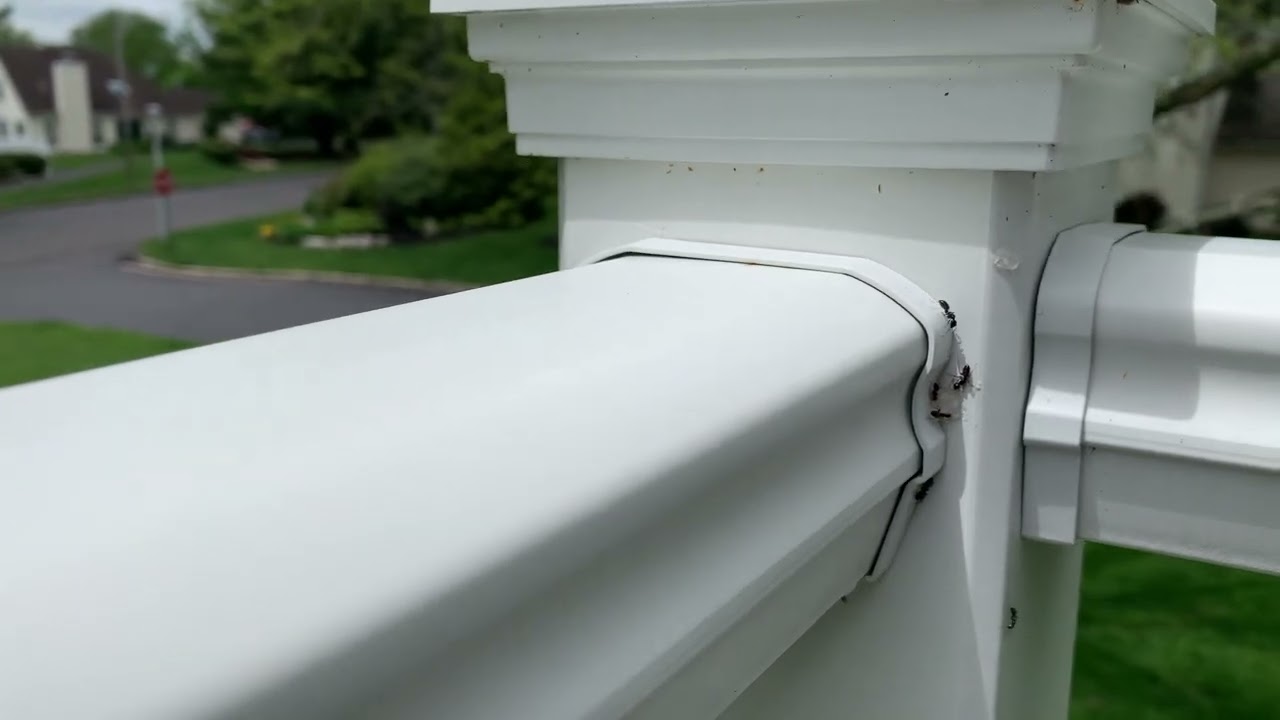
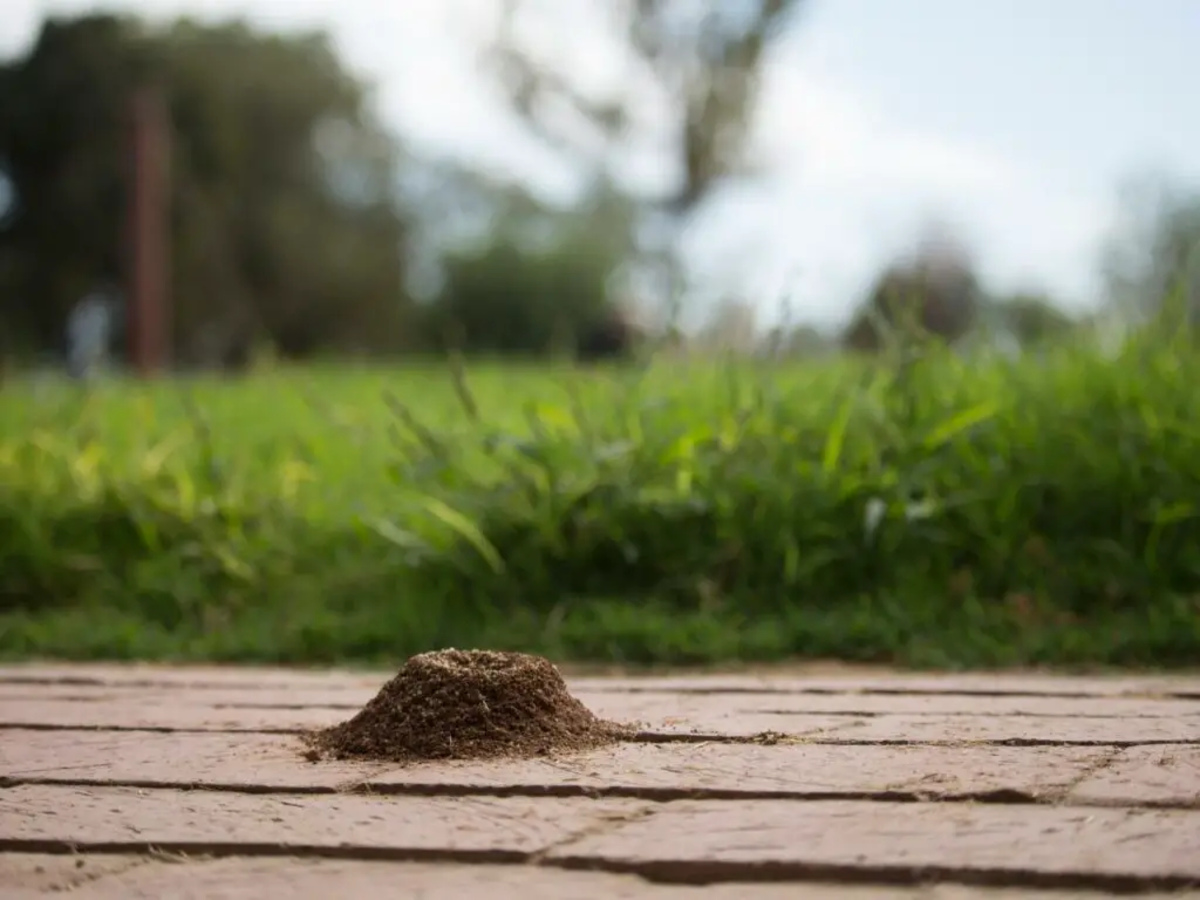
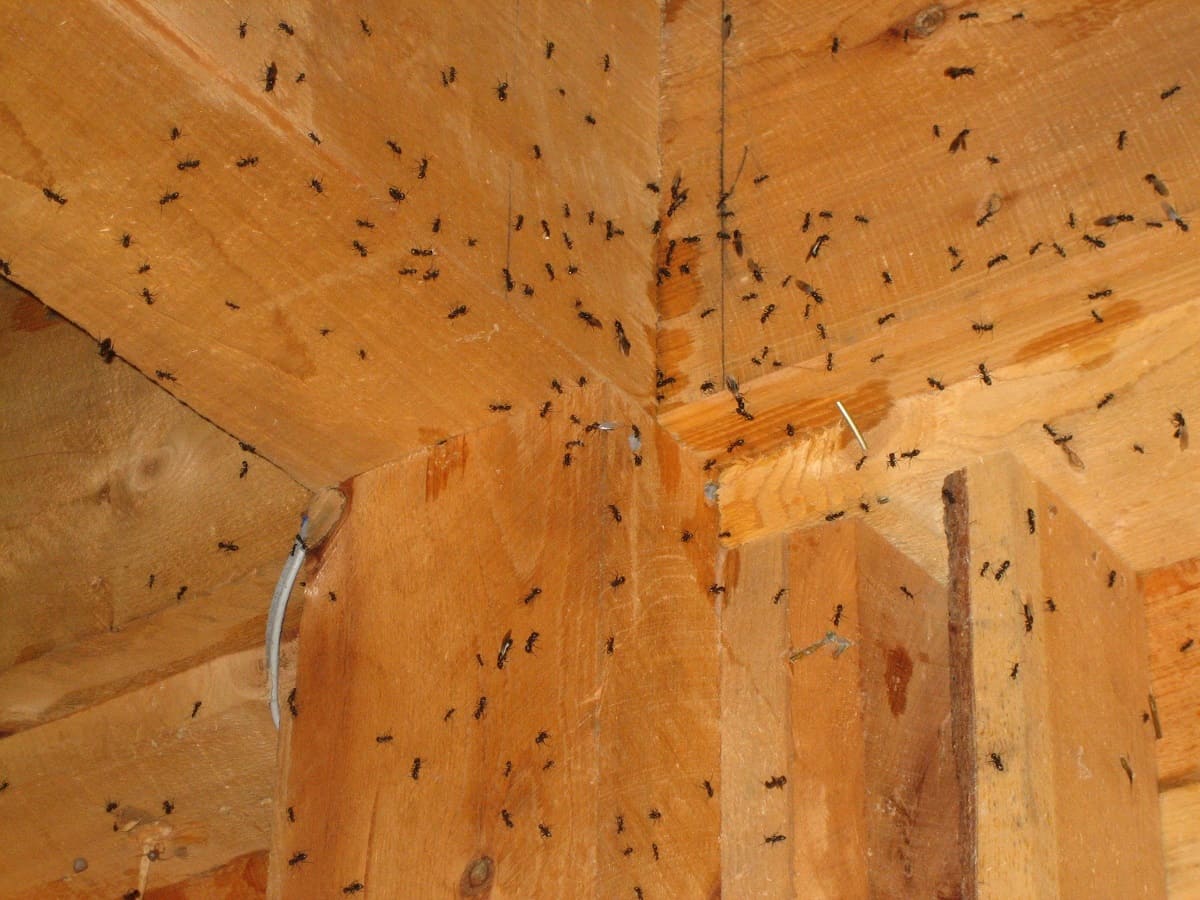


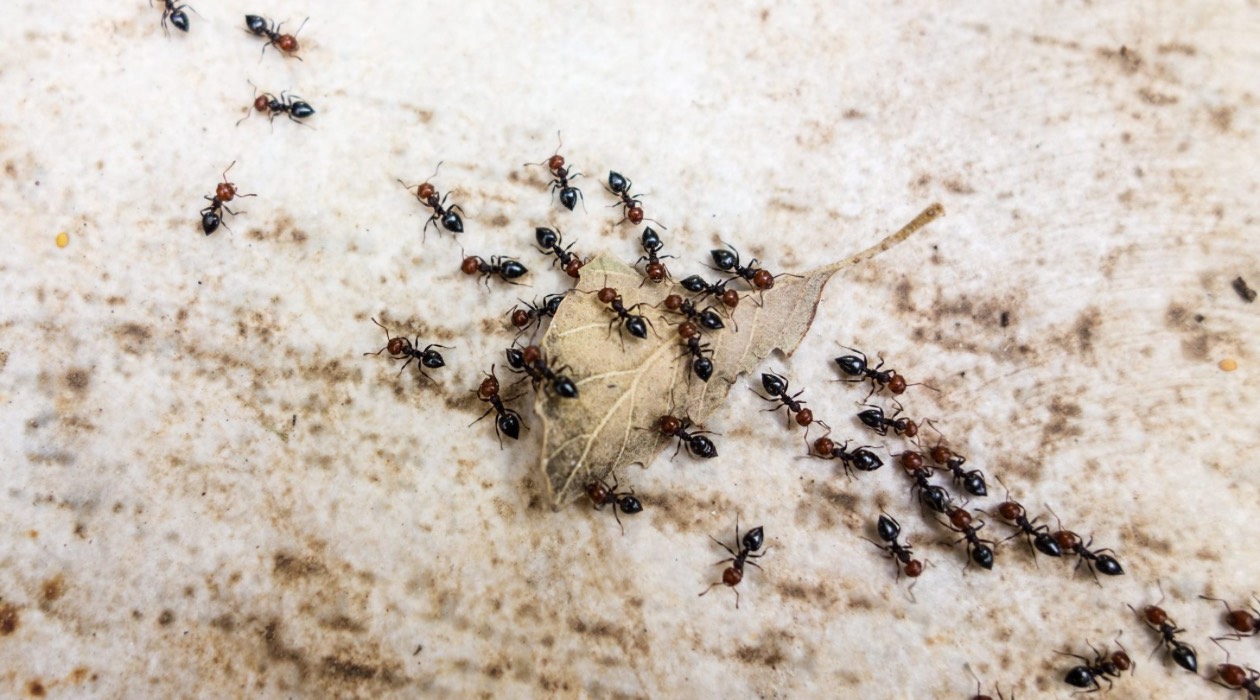


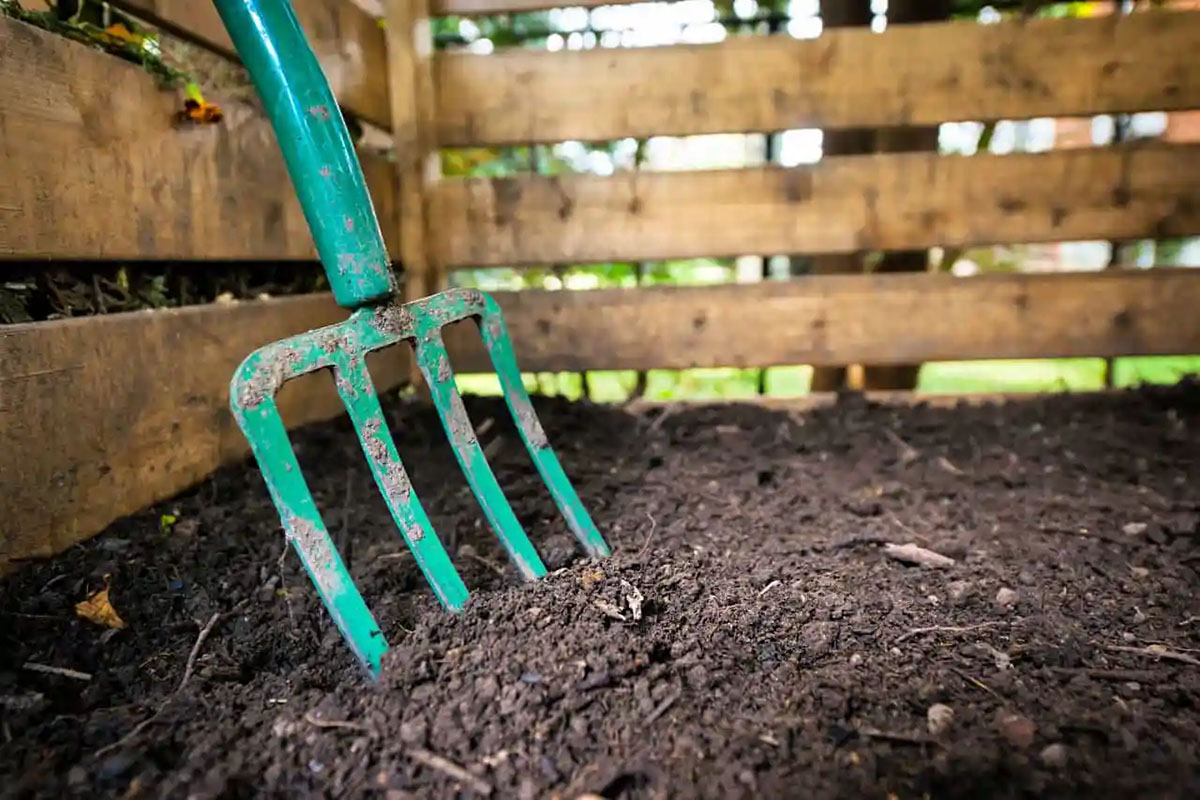
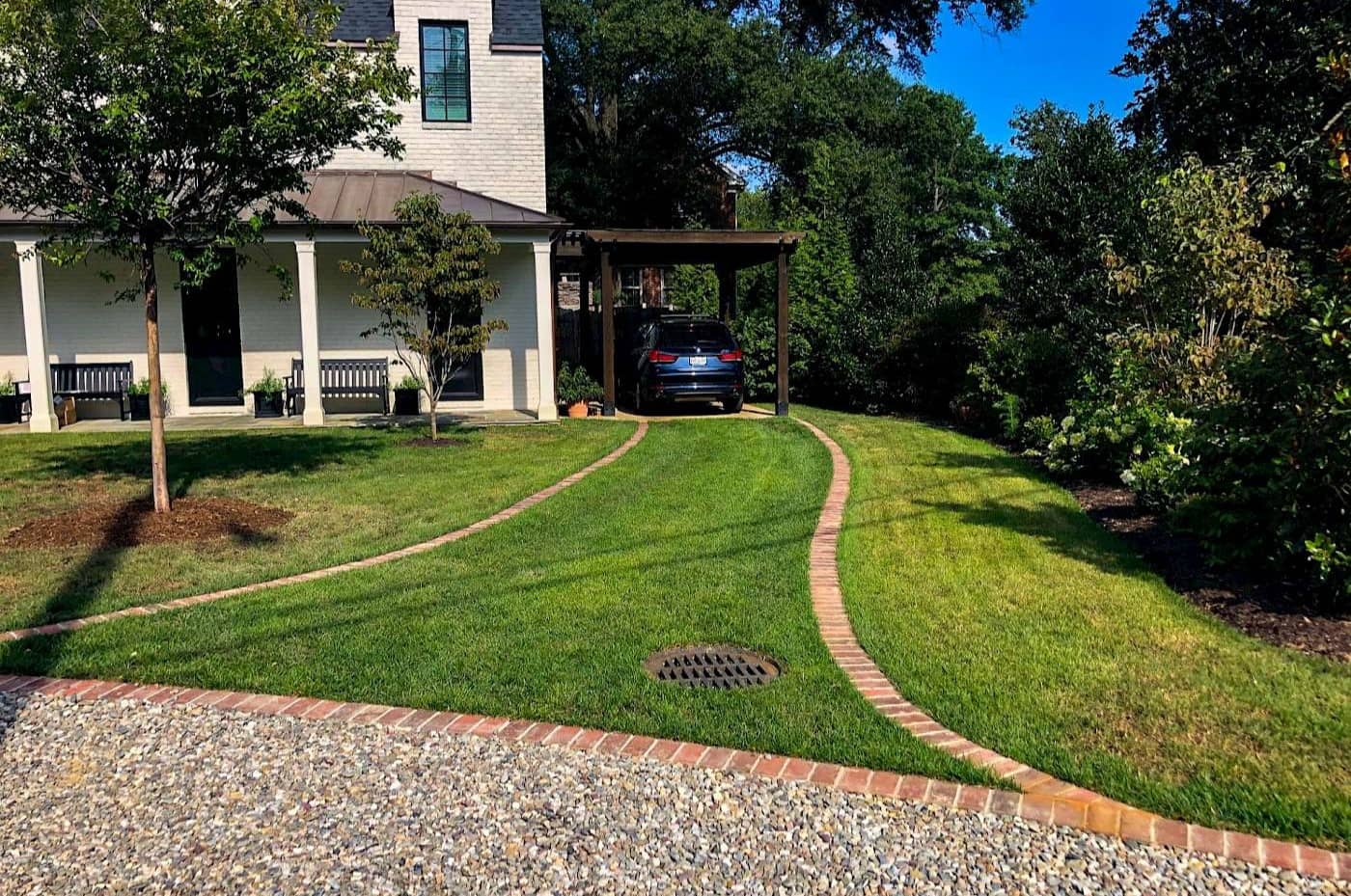
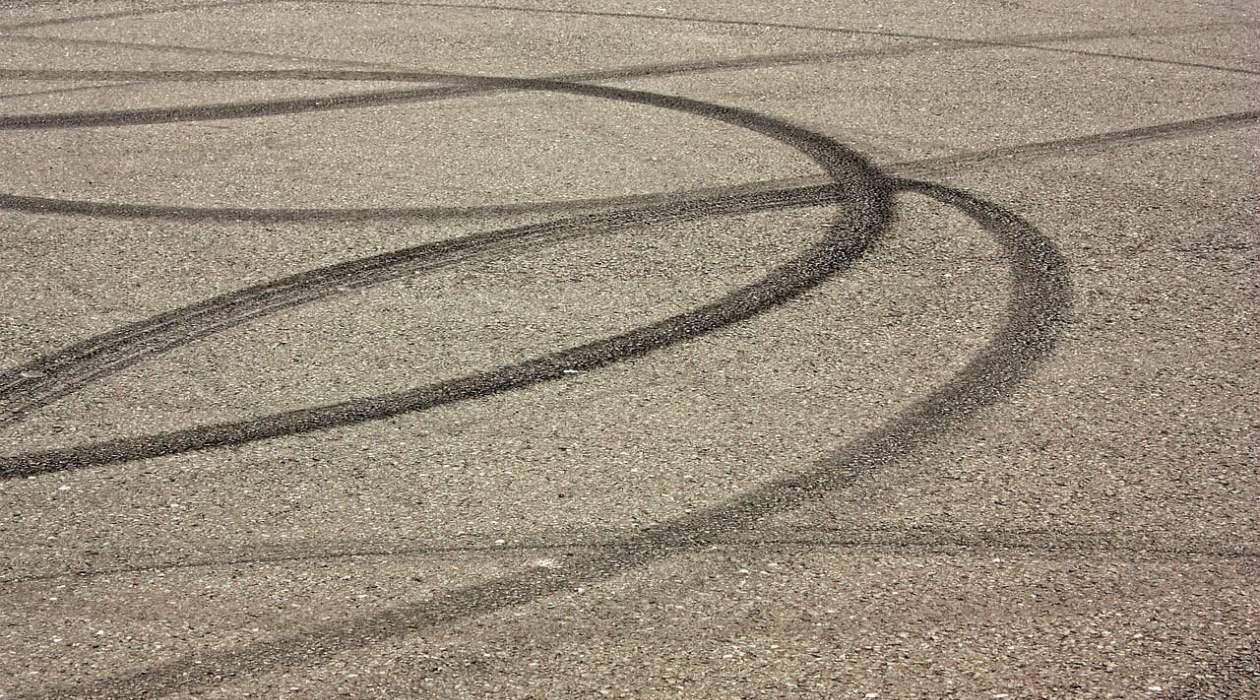

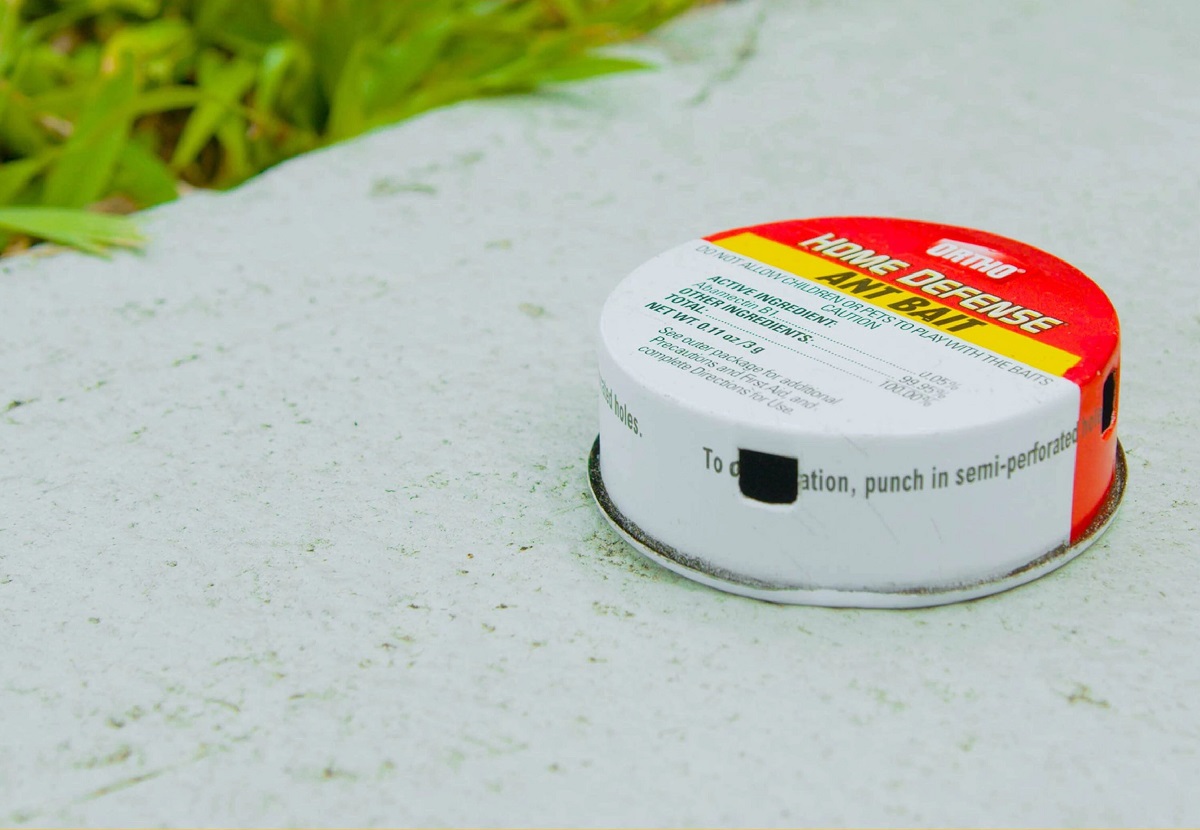
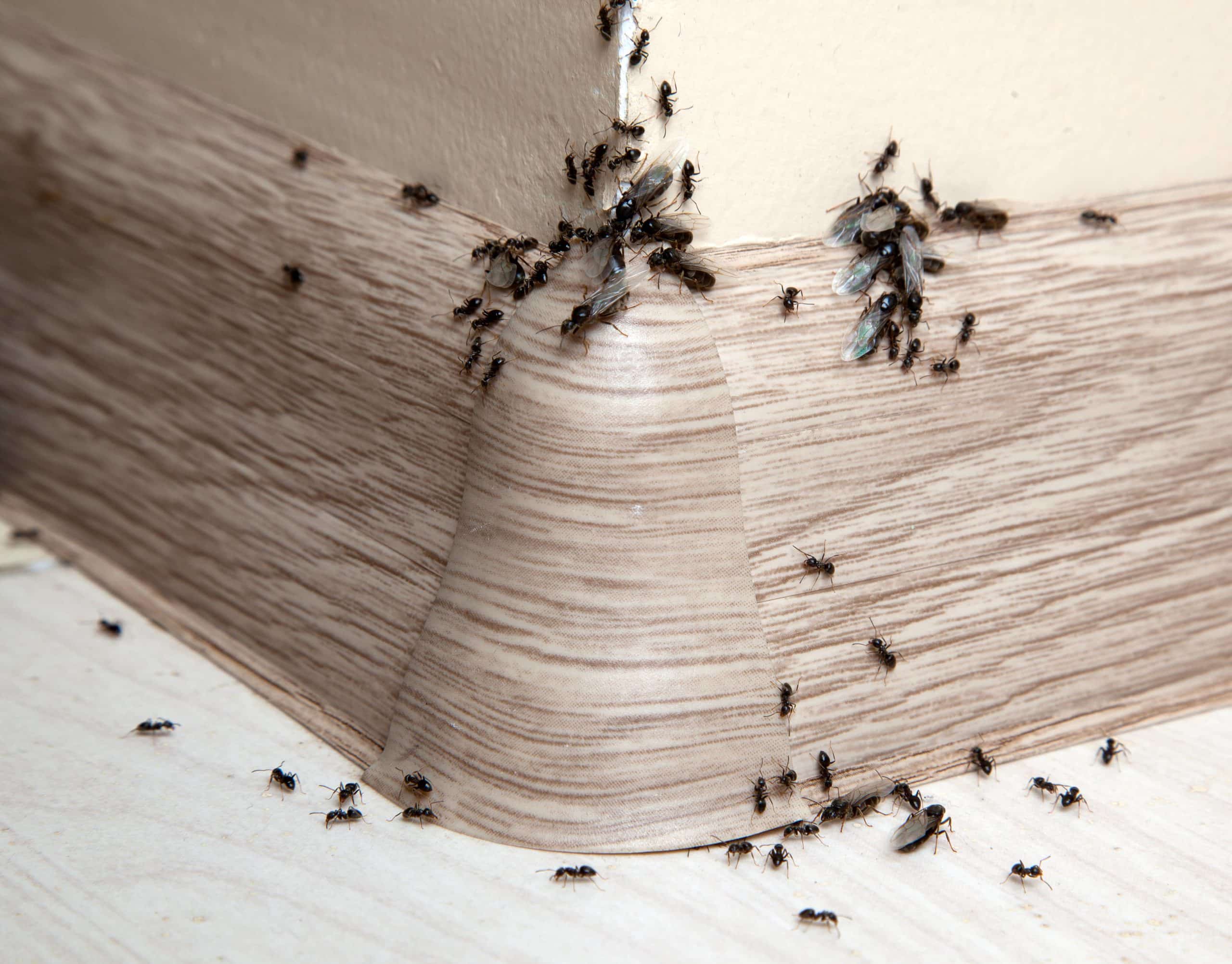

0 thoughts on “How To Get Rid Of Ant Hills In Driveway”